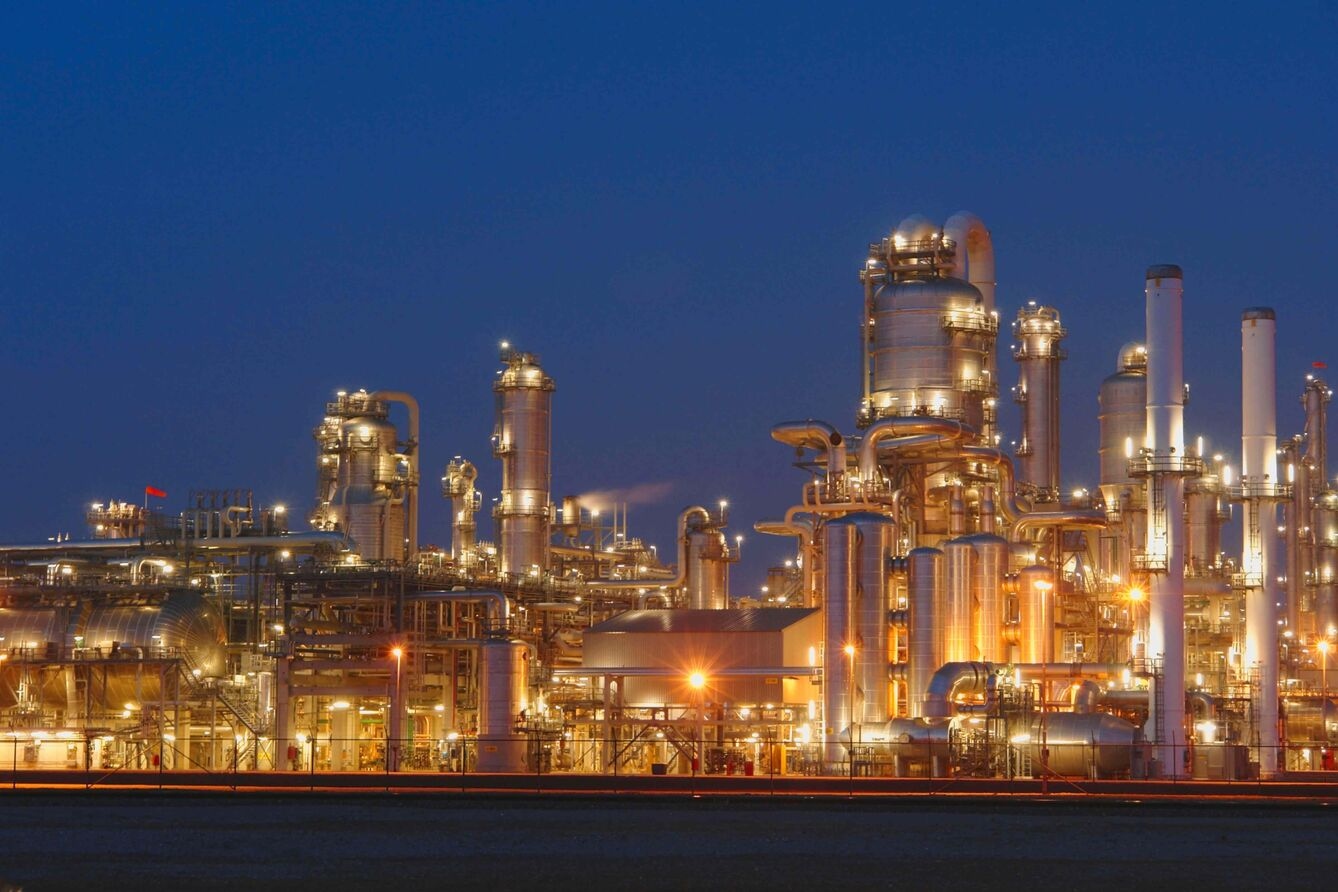Thank you! Your submission has been received!
Oops! Something went wrong while submitting the form.
BLOG
Geopolitics
Thank you! Your submission has been received!
Oops! Something went wrong while submitting the form.
No results found.
Try using different search terms
Products
Resource Center
Legal
© 2025 Kpler. All rights reserved.












